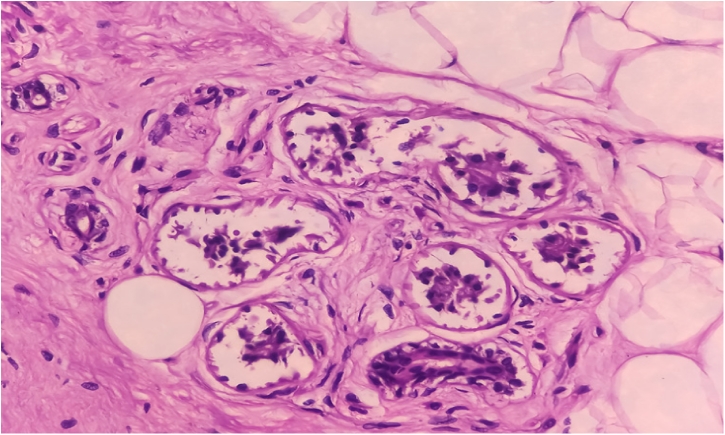Ended soon

In recent decades, skin cancer rates in the UK have surged, primarily due to excessive sun exposure during past decades. Melanoma, a once relatively rare form of cancer in Britain, has now become the fifth most common cancer in the country. Prominent figures like broadcaster Chris Evans have publicly shared their own diagnoses, highlighting the urgency of addressing this concerning trend.
The Escalating Skin Cancer Epidemic
Skin cancer in the UK is on an alarming trajectory, with melanoma cases tripling since the early 1990s. What was once an infrequent occurrence has now reached epidemic proportions. Scientists predict that the situation will only worsen, with estimates suggesting a further 50% increase in skin cancer cases over the next two decades.
A Generation’s Legacy: The Impact on Adults 55 and Over
The consequences of over-enthusiastic sunbathing and tanning trends of the 1960s and 70s are now becoming apparent, especially among adults aged 55 and over. This age group has witnessed a staggering 195% increase in skin cancer case rates since the 1990s. The nostalgia of cheap package holidays and bronzed skin is giving way to a grim health toll.
The Role of Early Diagnosis and Treatment
While early diagnosis and treatment have contributed to a reduction in skin cancer-related deaths, the need for innovative therapies remains pressing. The most critical concern is metastatic melanomas that spread from the skin to other parts of the body, necessitating novel treatment strategies.
A Promising Breakthrough: Cell-Penetrating Peptide
In the quest for effective therapies, scientists have developed a promising technique centered around a chemical known as a cell-penetrating peptide. This groundbreaking approach exhibits the potential to efficiently and selectively eliminate melanoma cells, all while minimizing toxic side effects. Although the method is still in its infancy, it marks a significant step forward in addressing metastatic skin cancer.
The Relationship Between Melanoma and UV Radiation
Understanding the roots of melanoma is crucial. Melanomas are intricately linked to skin cell division and can result from exposure to ultraviolet (UV) radiation, primarily from the sun. The importance of proper sun protection, such as sunscreen and protective clothing, cannot be overstated, as sunburn and UV radiation can set the stage for melanomas to develop over many years.
The Pioneering Research of Prof Dot Bennett
At the forefront of the battle against skin cancer is cell biologist Prof Dot Bennett from St George’s, University of London. Bennett’s research focuses on a protein called p16, known for its ability to suppress tumor development. In conjunction with p16, her team has honed in on a specific peptide derived from this protein, revealing remarkable effectiveness in eliminating melanoma cells during laboratory experiments, all without harming healthy cells.
The Promise of Early Detection and Targeted Therapy
The significance of early diagnosis in improving skin cancer survival rates cannot be understated. The p16-related peptide presents a promising avenue for patients grappling with metastatic disease. By selectively targeting melanoma cells, it preserves the vital fibroblasts responsible for skin repair and regeneration, all while inflicting minimal damage to surrounding cells.
Future Prospects: Research and Development
While optimism surrounds this innovative approach, there remains a substantial amount of research and development ahead before the technique can be deployed in clinical settings. Despite the challenges that lie ahead, this breakthrough represents a beacon of hope for patients battling metastatic melanoma. With continued dedication from scientists like Prof Dot Bennett and her team, there’s potential for more favorable outcomes on the horizon, offering a brighter future for those affected by this growing health concern.


